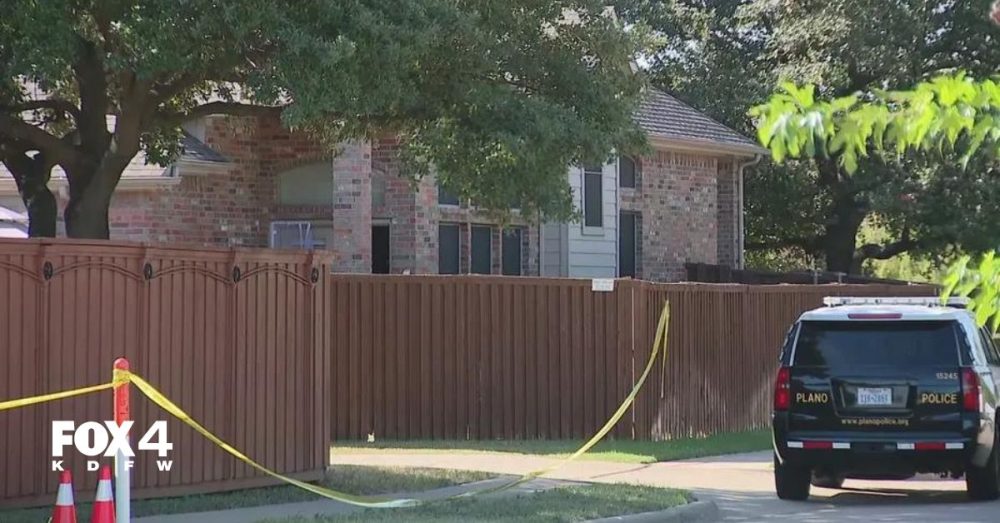A suspect was arrested early Wednesday morning on murder charges in connection with the discovery of a body in a Plano residential neighborhood Tuesday evening.
Police responded to a call about a dead man in the backyard of a home in the 4600 block of Bending Oak Trail in Plano at about 6:30 p.m. Dallas Fire-Rescue personnel were also called to the scene and confirmed that the subject was deceased.
Authorities later identified the victim as 69-year-old Patrick King, a resident of Elburn, Illinois, per WFAA. It is unknown why the man was at the residence in Plano.
The suspect has been identified as 39-year-old Andrew James Swetland of Los Angeles, California.
Although police have released few details about the incident, Public Information Officer Jennifer Chapman said they believe the victim and the suspect knew to each other, but their connection is unclear. Chapman said this was not a random act of violence, and there is no ongoing threat to the community, Fox 4 KDFW reported.
Chapman said that the incident was not a shooting and was not a case of domestic violence. The Collin County Medical Examiner’s Office is working to determine the victim’s cause of death.
Police arrested Swetland hours later at Dallas/Fort Worth International Airport. They have not stated what led them to the suspect or suggested any motive for the alleged murder.
In neighboring Dallas, 129 homicides have been reported so far this year, with four of those occurring just this month. The murder rate in Dallas is 9.89 murders per 100,000 persons, according to the City of Dallas crime analytics dashboard.
The Dallas Police Department has focused on reducing violent crime this year, but the department has been hampered in its efforts by a chronic shortage of police officers and a limited budget. DPD currently fields about 3,000 officers, despite a City analysis that suggested about 4,000 officers are needed to adequately patrol a city of its size.
City leaders granted DPD a budget of about $654 million for the current fiscal year, far less than the budgets of other high-crime jurisdictions such as Los Angeles, Chicago, and New York City.


